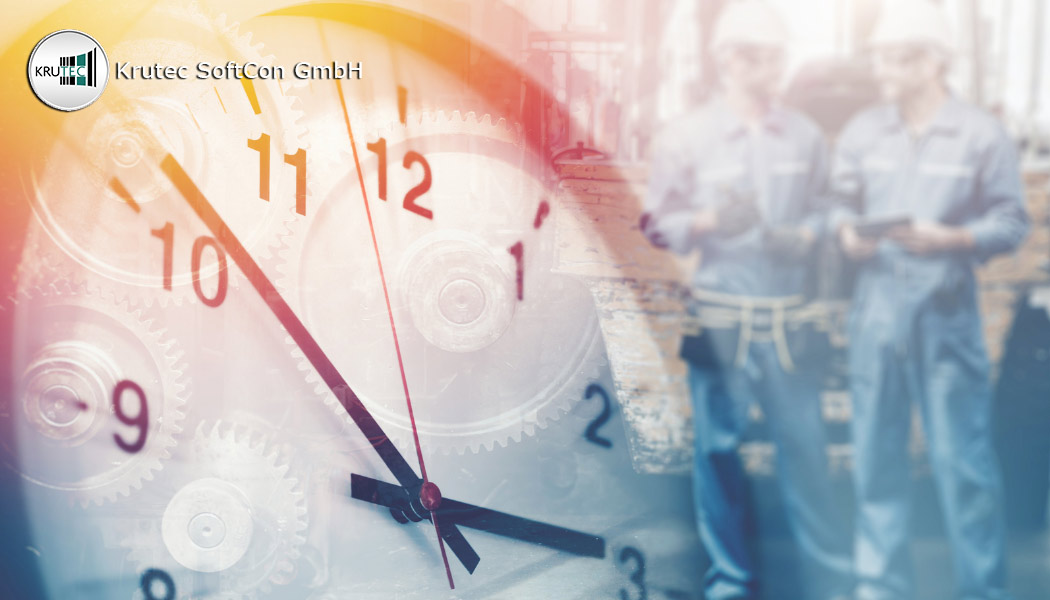
Trust-based working hours
Trust-based working time refers to a working time model based on the employer's trust in its employees. In concrete terms, it means that employees working trust-based working hours complete the agreed tasks without their attendance times being checked. Accordingly, the focus of trust-based working time is not on attendance. Rather, the completion of tasks becomes more relevant. In this way, trust-based working time should ideally lead to higher productivity and more personal responsibility for employees. But how does trust-based working time work with employee time recording?
Trust-based working time with digital time recording of employees
Employees on trust-based working hours are required to complete the agreed tasks on time with regard to time recording, but the employer does not check the times or the duration of the employee's work. Instead, only the employee's output is evaluated. The employee is responsible for planning and documenting their own working hours - provided they adhere to the legal requirements of the Working Hours Act. Responsibility for compliance with maximum and normal working hours and rest periods remains with the employer. If a daily working time of eight hours is exceeded, time recording is also mandatory for trust-based working hours. In accordance with the retention period for timesheets, these records must again be kept for at least two years.
A software solution for digital time recording is particularly suitable for flexible models with regard to the time recording of your employees, as it supports the flexibility and personal responsibility of this model. Employees can conveniently record their time from anywhere, which facilitates both the documentation of work and personnel planning in the long term.
